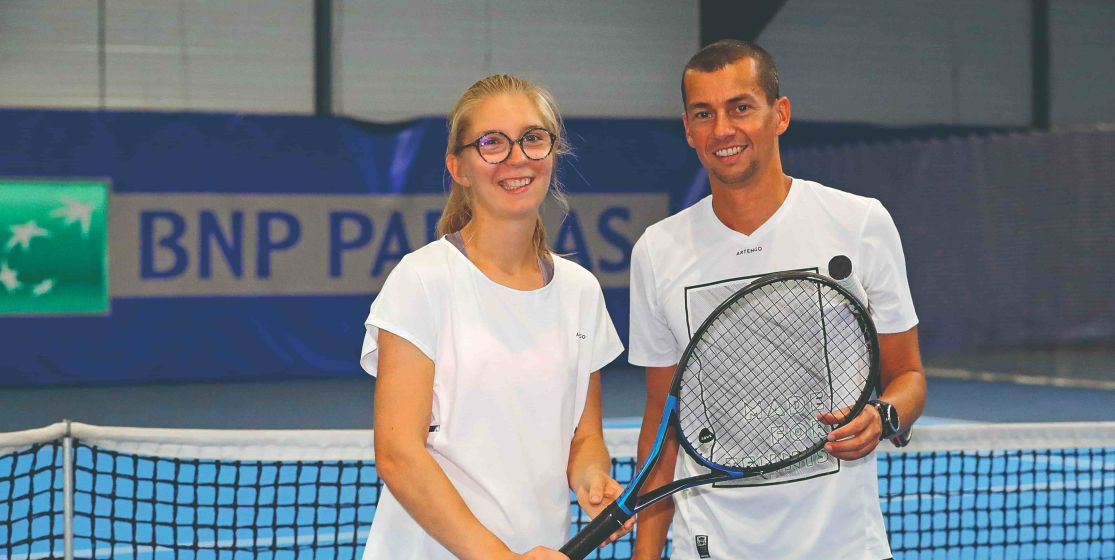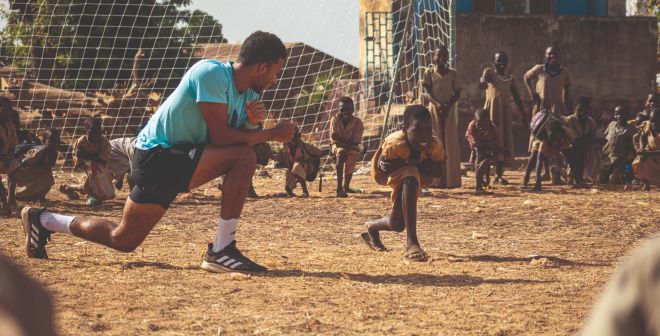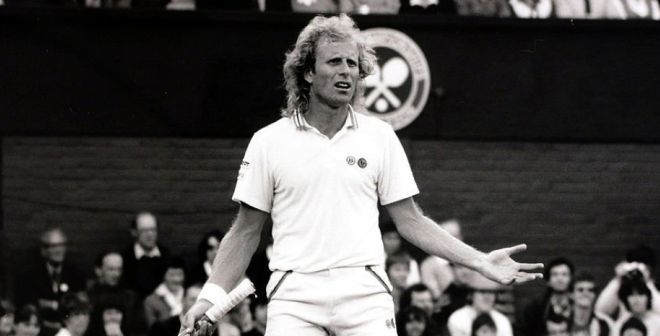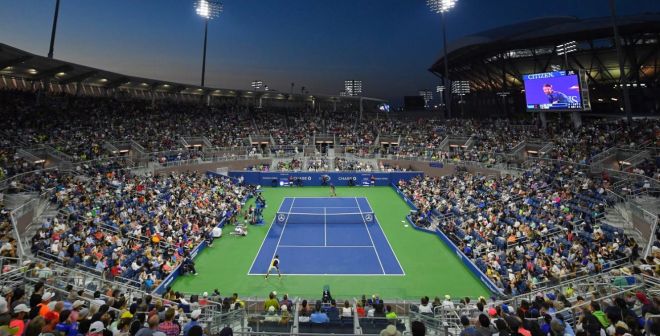TC Linselles has opened an adaptive tennis section
We could hear Morgan Thorez smiling over the phone. “There is a young dude with Down’s syndrome on the court right in front of me. He is having the time of his life.” The call couldn’t last long. After he hung up, this 36-year-old tennis instructor at Tennis Club Linselles (in the Nord region) got back to teaching tennis to a couple of mentally or psychologically disabled players. They play what we call ‘adaptive tennis’. It is different from regular parasports, which are based on disability categories. Adaptive tennis is based on levels of rule understanding. It is for people with invisible disabilities and was born of an FFT-FFSA [French Adaptive Sport Federation] partnership. The sport has its own circuit, its own ranking, and its own tournaments, like the Linselles Open which is famous nationwide.
It all started at the instigation of club president Jean-Charles Delvas, whose daughter Élise was diagnosed with psychological disability when she was a child. It took her a while before she could walk; she struggled during her school years and still suffers from motor disability in her left arm and leg. She had started a regular course in a tennis school, but she struggled in competitions. “In 2016, we thought we could do something, like giving specific tennis classes,” says Morgan. “We realised that some local hospitals were interested in our project.” About 60 players from local medical centres, like the Marcq-en-Barœul IME, the Tourcoing IMPro, and the Linselles FAM and ISETA, come to the club to play tennis every week with two specifically trained instructors. “Not that I was scared, but I wondered what reactions I would have to deal with in the first place,” says Morgan, who joined the club in 2012. “How could I adjust the way I teach? ‘Regular’ people expect a lot from themselves and from me. These people bring something different, like smiles and discussions that are rewarding for them and for me. It is socially incredible.”
The lessons are playful and based on simple exercises like rolling the ball; they may also target motor functions. As for Élise, she has found the right balance. She is now an adaptive sport France vice-champion and a member of the national team. She travels the world to stay in the World’s Top 10 players. It gets better: when they heard that she had passed her tennis instructor degree, her launderer co-workers in the supported employment institute where she works asked her if she could give them tennis classes. That’s how she has become a tennis instructor to disabled people herself.






